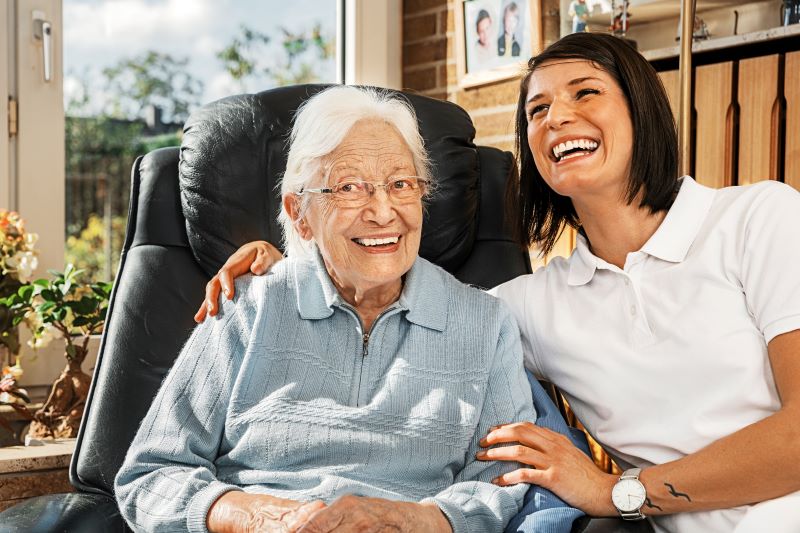- 5 Star Home Care COVID-19 Update PLEASE CLICK HERE
4 Questions to Ask Yourself if You’re a Spousal Caregiver
Summertime Fun with Your Home Caregiver
July 24, 201510 Warning Signs of Depression in Older Adults
August 14, 2015- age in place
- aged
- aging
- assisted
- assisted living
- caregiver
- eldercare
- elderly
- family caregiver
- home care philadelphia
- In home care
- long term care
- non medical
- non medical home care
- non medical home care at the shore
- non medical home care main line
- non medical home care philadelphia
- senior care
- senior living
- senior living specialist
- spousal caregiver
While a caregiving relationship may feel natural and comfortable between a parent and a child, it can be much more difficult to accept when the roles are reversed. Much has been written about how to help an aging parent adjust to receiving care from their adult child. But one of the most challenging caregiving relationships is often overlooked. When a healthy (or at least healthier) spouse begins caring for an aging or disabled spouse, many issues can arise.
If you are a spousal caregiver, ask yourself these four questions to make sure your spouse’s needs are met — but yours are too.
1. Are you neglecting your own physical health in the care of your spouse?
If you’re missing, delaying or not even scheduling your own doctor’s appointments (for a specific problem or a preventative visit) this is a big red flag. Don’t ignore your own health – and that means diet, exercise, sleep too – over your spouse’s. According to the Journal of the American Medical Association, spousal caregivers under stress can shorten their own lifespan. According to the study, spousal caregivers are twice as likely to die in four years, compared to the group who did not act as caregiver.
If you are experiencing your own health issues, it’s important to put yourself first. You can’t help your spouse if you’re unhealthy. And you deserve care too.
2. Do you maintain hobbies and connections with others outside of your marital relationship?
One of the primary reasons spousal caregiving is so difficult is the catch-22. In many cases, your spouse used to be your primary source of emotional support and now they are the reason for your emotional stress. Not only that but by living with the person you care for, there are very few breaks from the responsibilities. If you don’t have a circle of friends or supportive family, this feeling of isolation, loneliness and pressure can have a dramatic effect on your mental health. Depression and anxiety is very common, but avoidable.
It’s critical to maintain other supportive relationships and pursue creative or leisure activities outside the home so your emotional needs are met. Respite care and adult day care programs offer opportunities to make time for yourself.

3. Are you doing too much for your spouse, things he/she could do?
Many spousal caregivers fall into the trap of thinking that they need to handle everything and be a super-husband or wife. This is not only unnecessary, it can be dangerous – for your health and your spouse’s. After you’ve been your spouse’s caregiver for a while, it’s easy to take on more and more roles, when it might not even be necessary. Enabling hurts both of you. Your spouse feels less capable, which hurts self-esteem and physical capabilities over time. Plus, you’re likely to build up resentment by taking on too much – and possibly having it taken for granted. Communicate regularly about your spouse’s abilities and the most balanced distribution of responsibilities possible in light of their illness.
Make sure your spouse is doing everything he/she can do to take some of the weight off your shoulders.
4. Are you getting outside help when appropriate?
While you know your spouse better than anyone, you may not have the training or physical strength to take care of all his/her needs. Especially for spouses who are both elderly, it’s important to make sure you’re not putting yourself at risk. Do you know how to lift someone properly? Is your home safe for someone with your spouse’s health issues? Can you navigate the health system on behalf of your spouse? There’s a lot involved in caregiving, and one person doesn’t have to know everything.
Don’t be afraid to ask for help. Reach out to caregiving support groups, your local Area Agency on Aging and other community resources to fill the gaps in your knowledge and abilities.

Being the primary caregiver for your spouse is very demanding and stressful, there’s no way around it. If you need more support, 5 Star Home Care has caregivers who can come to your home once a week, every day or as needed. You could just take a little of the pressure off, or have a full-time caregiver so you can take better care of yourself.



